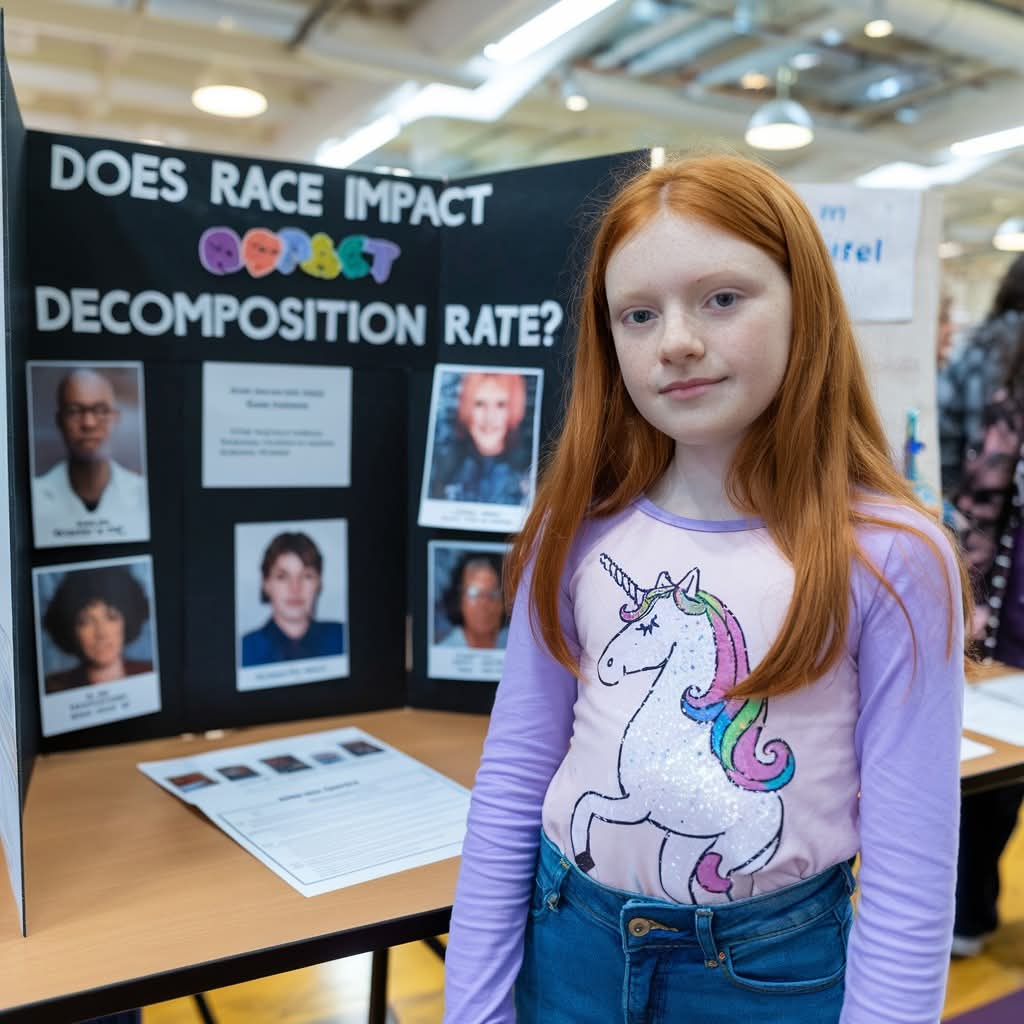this post was submitted on 13 Dec 2024
102 points (94.0% liked)
Stolen from Facebook
339 readers
4 users here now
founded 1 year ago
MODERATORS
you are viewing a single comment's thread
view the rest of the comments
view the rest of the comments

Nah. I couldn't find the paper, but it's been examined among other data generated by "body farms".
You might run into specific factors such as clothing that are more or less common among a given "race" that could change decomp rates, but in terms of anything that's limited only to and by the skin color categories and/or ethnicity of a person, we all rot the same.
Decomp begins on the inside, and our cells all function the same, die the same, and break down the same. None of the external factors are changed by skin color or hair growth, which is all that's different in that regard. You won't find fungi or insects that only eat darker or lighter skin.
And, since bone shapes don't have any impact on decomposition at all, the negligible differences to bone features are irrelevant. I mean, it usually takes training to be able to guesstimate race based on just looking at a skull and having a chance of getting it perfectly right. The differences aren't even something most people are even aware exist, much less be able to visually identify. So you end up with it being doubly meaningless since those features aren't relevant to how even larger scavengers detect and choose a food source.
Decomposition is the ultimate equalizer. It doesn't give a damn about you, or anything that makes you unique as a person. It's a process that can be slowed or sped up, yes. The things that can do so are so fundamental that they just aren't individual at all. Temperature, humidity, those two things alone cause more variation to decomposition than anything you eat, any diseases you have, anything that's not done to you artificially after death
"I am searching for the bones of your father but cannot distinguish them from those of a slave." - Diogenes to Alexander the Great